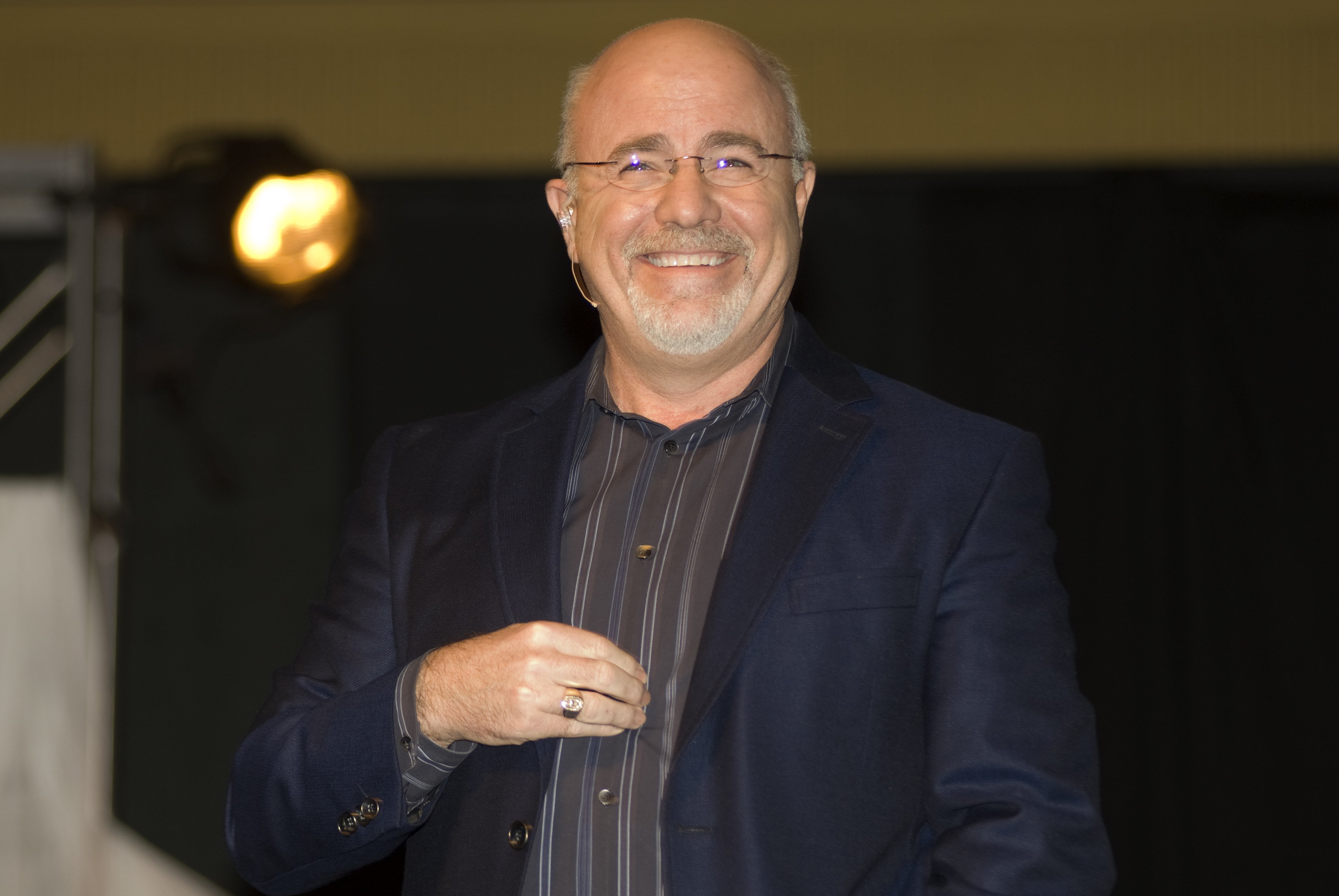You cannot regulate what you cannot see. That is the Financial Stability Board’s (FSB) position on shadow banking, which has grown into a $67 trillion business. But, seen or unseen, the sector may be too complex and widespread to be effectively policed. Source: Wikimedia Commons
Source: Wikimedia Commons
The FSB’s “Policy Framework for Strengthening Oversight and Regulation of Shadow Banking Entities” reports that its goal is to more carefully watch:
The “shadow banking system” can broadly be described as “credit intermediation involving entities and activities (fully or partially) outside the regular banking system” or non-bank credit intermediation in short.
It appears that the FSB believes that the most important factor to attain its goal is the collection of more data, or “granularity” as it describes it. The problem with this is that the shadow banking system is so vast and the financial instruments on which it is based are so varied that the firms that use and trade in these instruments would have to carry a great burden of self-reporting. And, as the credit crisis showed, self-reporting hardly works when the primary goal of a financial firm is to take outsized risks to make money. The FSB report would indicate that the financial sector has not blunted risky transactions much since the 2008 meltdown because risks can create large profits.
Just as U.S. regulators relied extensively on self-reporting by financial firms, until the Federal Reserve put stress tests into place, the FSB would need to create its own framework to collect and analyze data. How does the organization stress test a market that is fluid and changes almost daily? Fed stress tests are based on just a few scenarios. The shadow banking system is too complex to make such simple tests possible.
And so, an FSB structure would need to be founded on two things that are nearly impossible. The first is to put into effect monitoring systems that are not in place, and will not be because of difference in regulation from nation to nation, or across borders. The second is to capture risk in a sector in which risk is the most basic factor.
Douglas A. McIntyre
Sponsored: Want to Retire Early? Here’s a Great First Step
Want retirement to come a few years earlier than you’d planned? Or are you ready to retire now, but want an extra set of eyes on your finances?
Now you can speak with up to 3 financial experts in your area for FREE. By simply clicking here you can begin to match with financial professionals who can help you build your plan to retire early. And the best part? The first conversation with them is free.
Click here to match with up to 3 financial pros who would be excited to help you make financial decisions.
Thank you for reading! Have some feedback for us?
Contact the 24/7 Wall St. editorial team.



